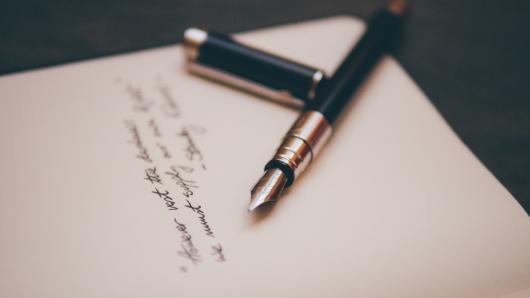Poetry in America for Teachers: Poetry of Earth, Sea, Sky

Associated Schools



This course is designed specifically for secondary school educators interested in deepening their expertise as readers and teachers of literature. In the course, we consider the evolving relationship of American poets to the environment from the mid-nineteenth century to the present. Emily Dickinson, whose poems on the landscape of rural Massachusetts from the 1850s to 1880s drew from the science and the incipient environmental movements of that century, is a touchstone for the course. But her sparse lyrics are only one of the poetic technologies of looking at, caring for, and mourning the destruction of, the natural world that we explore together: from haiku, to African American poems of exploitative agrarianism and fantastical gardening, to poems that expand the scope of nature from the vast and inhuman to the birdcalls echoing in urban backyards. Through field trips, classroom visits, and conversations with ecologists, scientists, gardeners, farmers and other guest interpreters, this course familiarizes students with a variety of canonical and contemporary American poets: Robert Frost, Jean Toomer, Lorine Niedecker, Gary Snyder, A.R. Ammons, Robinson Jeffers, Juliana Spahr, Ross Gay, and more.